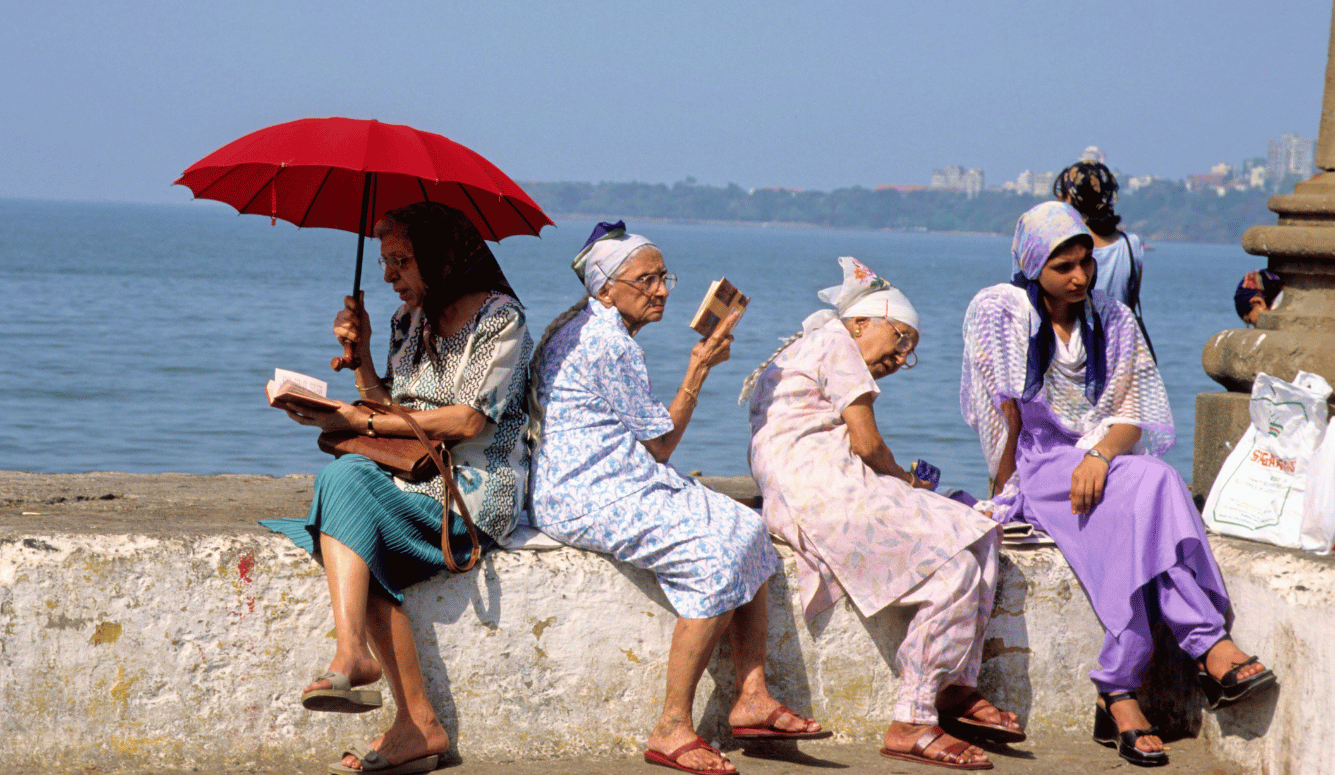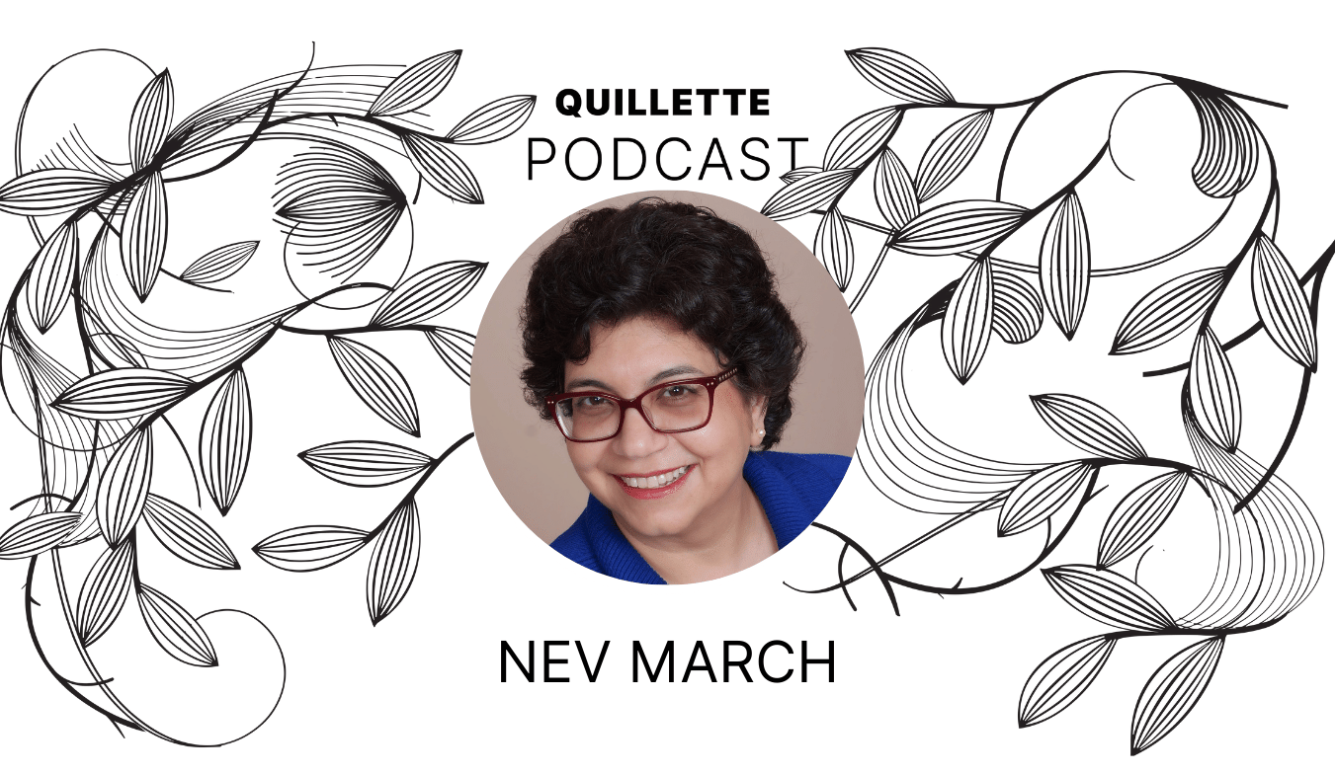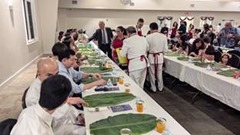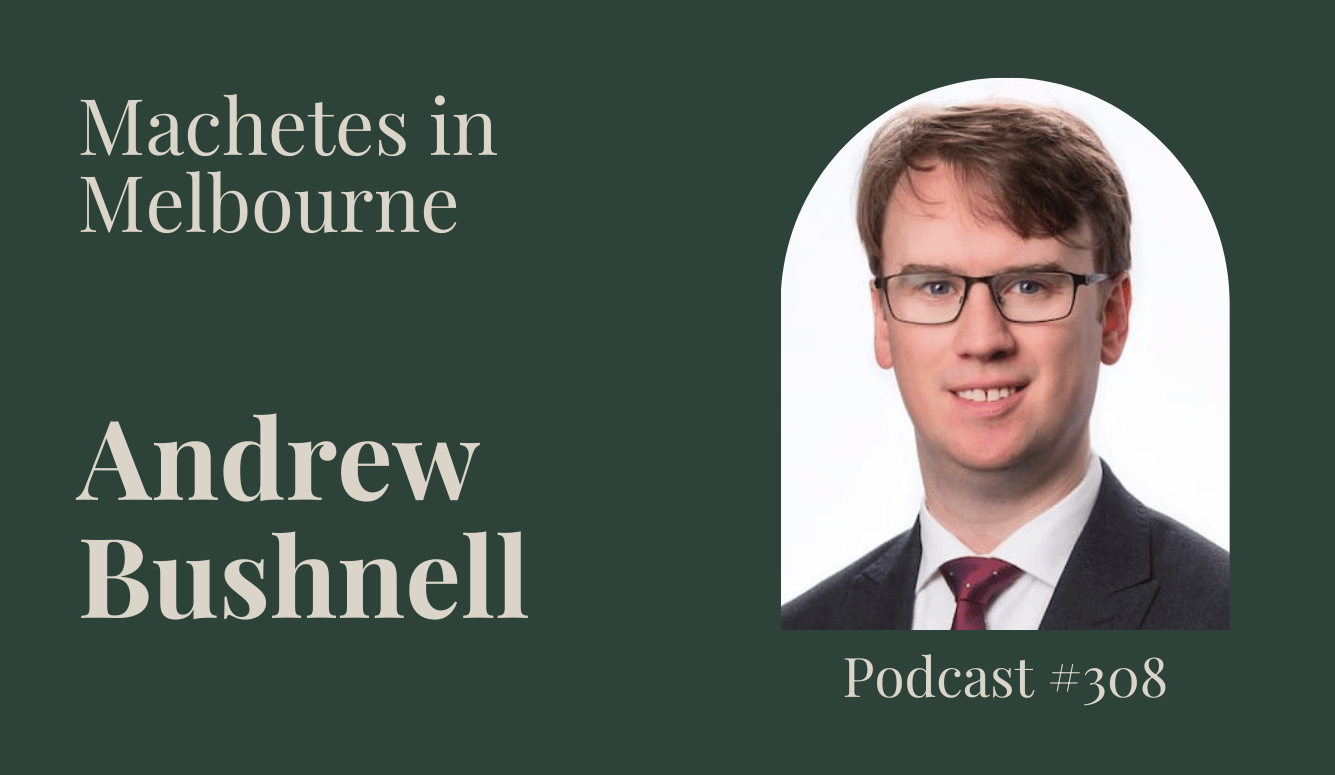Podcast
Podcast #297 Parsi: A Fiercely Contested Identity
Iona Italia talks to novelist and historian Nev March about how a series of landmark court cases in the 19th and 20th centuries upended both the Indian legal system and the Parsi community.
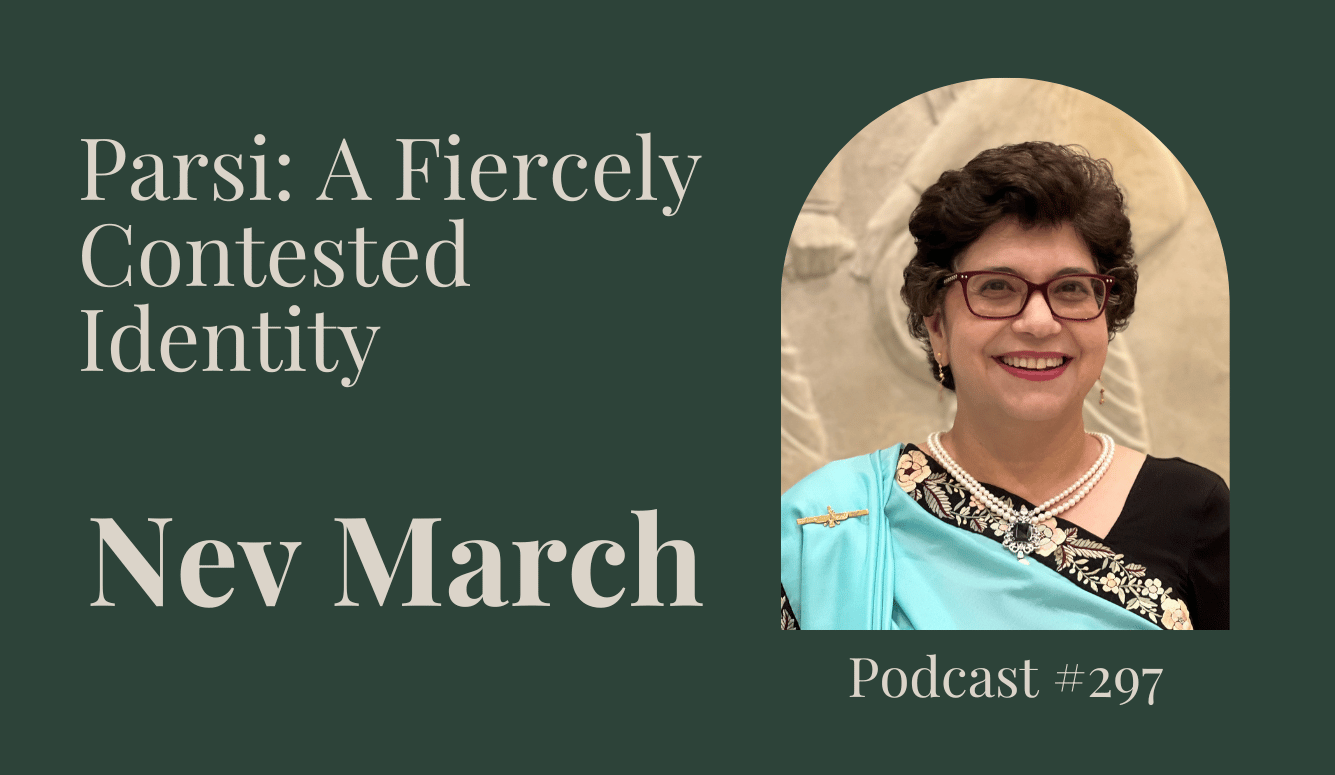
Introduction: In this week’s podcast, I talk to author Nev March. Nev and I are both members of the tiny ethnic minority, the Parsis, who are the descendants of refugees who fled the early medieval Persian Empire for India between the ninth and twelfth centuries and who traditionally practise the ancient monotheistic religion of Zoroastrianism. Nev frequently explores themes of race, religion, ethnicity and belonging in her ongoing series of mystery novels which began with Murder in Old Bombay in 2020 and feature a Parsi protagonist and her Anglo-Indian husband. (I am a huge fan of the novels and talked to her in detail about Murder in Old Bombay in an earlier episode of this podcast.)
Nev is also heavily involved with the diaspora Parsi community through her role at the Zoroastrian Association of Greater New York (ZAGNY). We talk about the contributions Parsis have made to Indian history and culture before turning to the vexed topic of who counts as a Parsi and why. Nev explains how a series of landmark court cases in the nineteenth and twentieth centuries changed the structure of the Indian legal system and the criteria for being counted as Parsi, leading to very difficult divorce requirements and an extraordinary sexist double standard amid a community that is otherwise justly praised for its forward-looking practicality and liberal values.
I hope you enjoy my conversation with Nev March.
